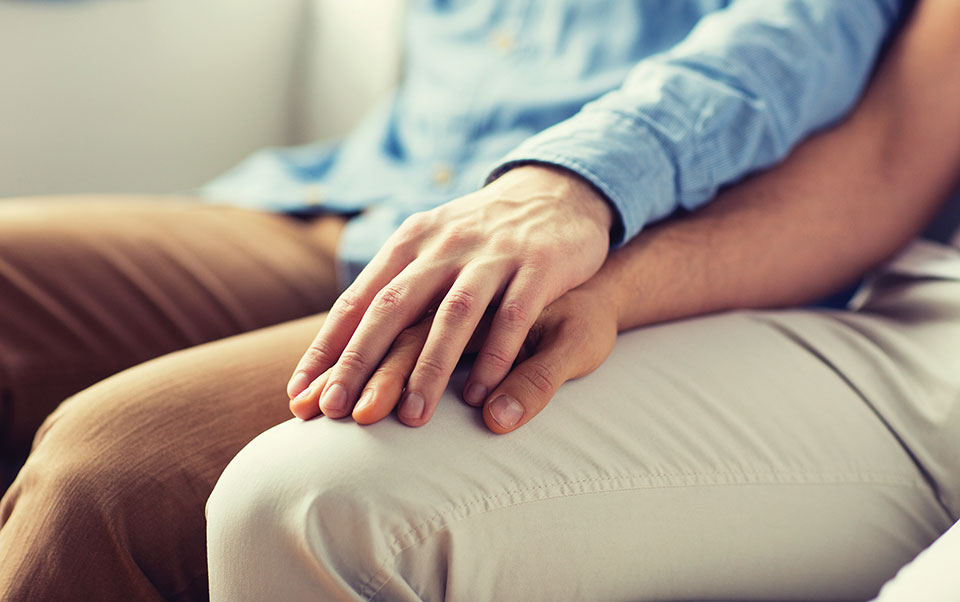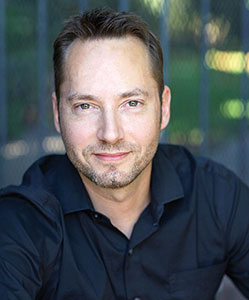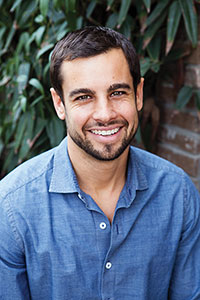Relationship Health Part 3: Practicing Awesome Relationships

In this three-part series, we explore some powerful steps you can take to up your relationship game!
In this series we are highlighting the supreme importance of having healthy relationships to our overall health, fitness, and wellness goals. Multiple studies have shown a clear and strong correlation between relationship satisfaction and mental and physical health. What many people don’t know is that the most effective and efficient way to improve our relationships is to actually practice. Say what? That’s right. Relationships, surprisingly, are like everything else in life—we don’t get better if we don’t train, and train hard. The benefits, however, are outstanding. In fact, getting better at relationships doesn’t just improve the relationships themselves, it tends to help us become more fully developed and intelligent individuals as well.
Relationship happens at a very fast rate —not the arc of a relationship—but actual interactions. They’re like playing the piano, or playing a sport. When we interact with other humans, most of our behavior is in the form of automatic, pre-thought actions and reactions. In order to get better, therefore, we have to train those fast, automatic circuits—the ones we tend to call our “relationship habits.” Training at our relationships is exactly like fitness training—it requires practicing the right skills, over and over, with dedication and intention. The result is that those automatic, implicit systems in the brain and body respond with increased skill. Practice helps integrate neural circuits in the brain, and allows energy to flow more efficiently between mind and body.
Here are three ways to engage in the kind of practice that delivers results:
Be present.
We live in a crazy information age—a world saturated everywhere we look with sound, video, news, social media, and the varieties of digital activities. The problem is our nervous system hasn’t adapted yet to the technological age, so many of our relationship connection systems are gauged to simpler, human-to-human interactions. In order to practice having a closer bond, begin by noticing how fully present (or not present) you are. Do you give your partner your full attention, or are you often multitasking? Do you say “Hi!” then look away fairly quickly, or do you hang in your partner's eyes long enough to see where the interaction can go next? Turn off the TV and the radio, put away your devices, de-prioritize social media, and turn to the humans in your immediate vicinity. With your partner, face him or her with your body, and don’t let your focus waver. This sends an incredible message: “You are the most important thing to me.” The human attachment system doesn’t like to compete too much with other things, and your full presence helps answer many of the subconscious questions than sneak into our minds in relationship.
.jpg)
Use muscle memory.
There are some disciplines in life where fake it until you make it actually works, and relationship is one. It may seem awkward or weird to try out different relationship responses and habits, but you’re remapping your neural circuits when you do that. It might feel cheesy—like you’re in a soap opera—when you’re practicing showing vulnerability, making more eye contact, or asking about emotions and trying to deepen intimacy—but part of the process of growth is getting past those awkward humps until connecting behaviors feel more natural.
Much of what needs remapping in order to handle the complexity and speed of relationships smoothly is our implicit memory, which includes procedural (motor) memory. Actually trying out new relationship behaviors—rather than just reading a book on relationship health or talking about new habits—gets motor memory engaged, leading you to improve faster at those important connecting skills.
Practice the right skills.
“Fake it until you make it” works much better if we’re practicing the right skills that actually deepen connection. You don’t want to go to the gym three times a week and practice the wrong exercises or use the wrong motion. Instead, practice the connection exercises that have the most positive impact. To gauge these, consider what behaviors make you feel more safe and secure with your partner. Practice those, and ask your partner to do the same. There is additional magic in practicing together. That magic has to do with how the brain learns (very relationally). You can take a difficult scenario and game plan for how you could do it better as a couple, then repeatedly role play that new way of doing things. It may seem weird, but it works. We don’t learn to play the piano by talking about the piano, right? We have to play.
Relationships are critical to our sense of health and wellbeing as well as our physical health and fitness. Along with a focus on diet and exercise, relationships need our dedication and attention in order to grow and improve. Relationship training not only benefits your relationships, it makes you a more whole, developed person as well. There is inherent friction in the merging process we call relationship. Combining and sharing different perspectives and habits between two people requires expanding and growing ourselves to understand and inhabit more of the known world of experience.
You can think of relationship growth as brain booster, which it is, but you can also think of it in spiritual terms: We’re becoming greater than the individual perspective and habits we had, and that makes us more whole. Mental and emotional health are increasingly being defined by the level of integration between different systems of mind, brain, and body—with relationship practice serving a primary way to develop that integration. From complexity tolerance to anxiety management, we become better individuals as we learn to navigate relationships more smoothly. We hope this little series has encouraged you to make relationship training a regular part of your overall wellness and fitness regimen. Your body, mind, life, and family thank you!
You can also seek out a relationship counselor or use our relationship training program Ready Set Love® (readysetlove.com) to learn and practice the most effective connecting exercises that develop relationship skill.


John Howard (left) and Peter Craig (right) are therapists at Austin Professional Counseling. They use the latest science to help their clients win at relationships and at life. John is the Founder of Ready Set Love®, an online 12-week couples training program you can take online. Peter is a sponsored triathlete on Juiceland’s Dream Team and helps individuals and couples with authenticity, connection, and healthy eating.






